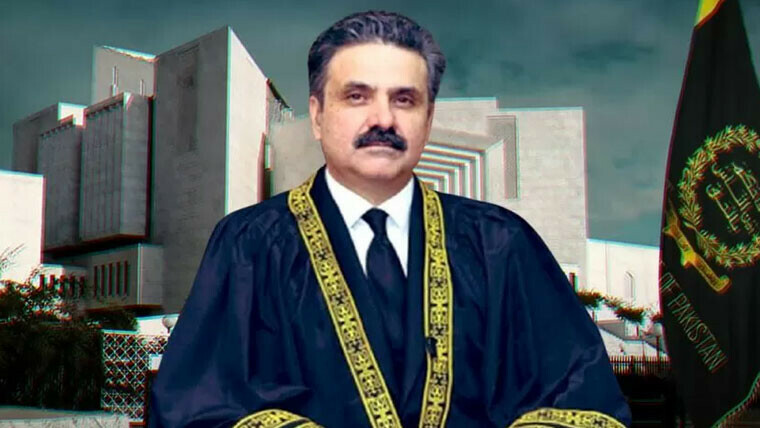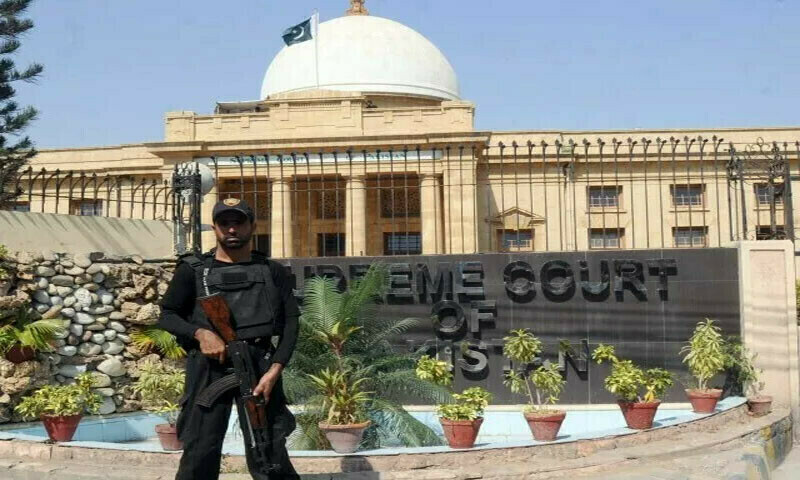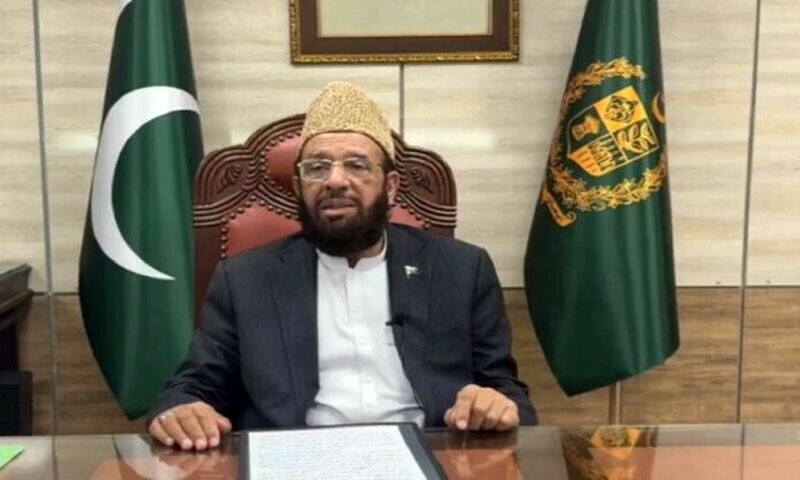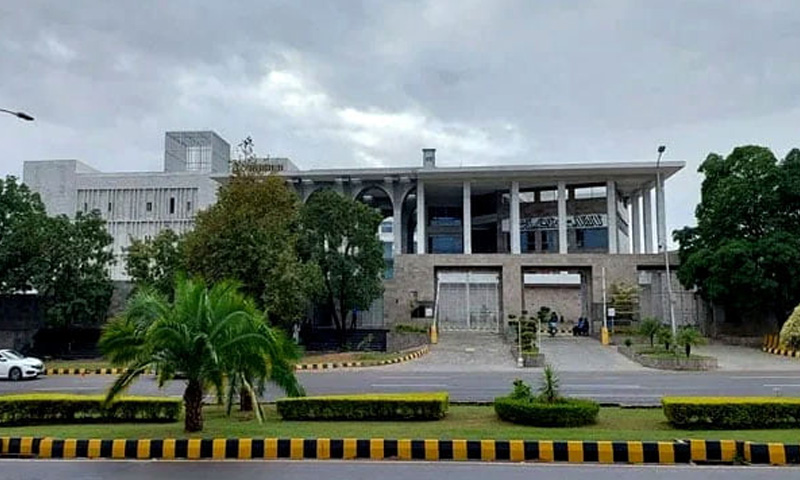LEGAL
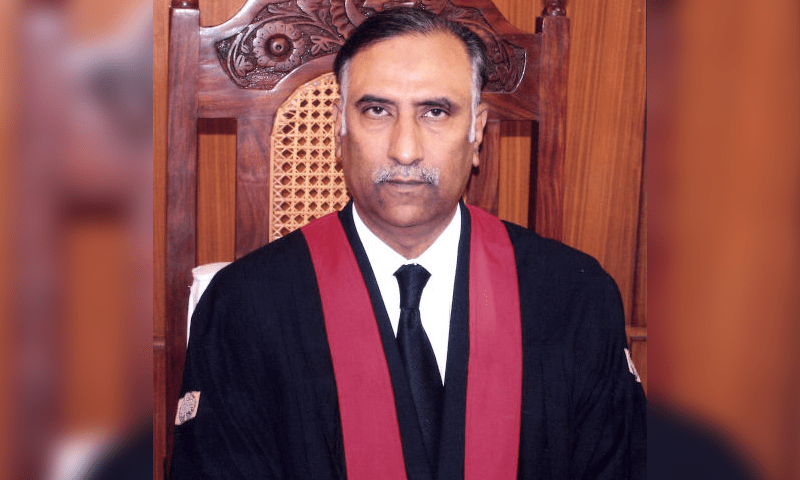
In an unusual turn of events, judges recently elevated to the Supreme Court of Pakistan were sworn in today, with Justice Dogar taking the oath as Acting Chief Justice of the Islamabad High Court (IHC). The ceremony, overseen by President Asif Ali Zardari instead of a senior judge, deviated from tradition, fueling speculation about internal discord within the judiciary.
Unconventional Oath-Taking Ceremony
The swearing-in of Justice Dogar was conducted by President Zardari, bypassing the usual protocol where a senior judge administers the oath to an acting chief justice. This decision followed reports suggesting potential resistance from five senior IHC judges who had openly opposed Justice Dogar’s transfer.
The Ministry of Law and Justice confirmed Justice Dogar’s appointment through a formal notification, stating that he would serve as acting chief justice "with effect from the date he takes oath of his office, till appointment of regular chief justice."
Judicial Reshuffle Across High Courts
Alongside Justice Dogar’s appointment, the law ministry announced acting chief justices for three other high courts:
· Justice Ejaz Swati for the Balochistan High Court (BHC)
· Justice Junaid Ghaffar for the Sindh High Court (SHC)
· Justice S.M. Attique Shah for the Peshawar High Court (PHC)
Additionally, notifications were issued for the appointment of seven judges to the Supreme Court, including Justice Aamer Farooq and BHC Chief Justice Muhammad Hashim Khan Kakar.
Focus on Seniority Dispute
The appointments have reignited a long-standing debate over judicial seniority. A representation challenging the transfers of Justice Dogar and two other judges was dismissed by then-IHC Chief Justice Aamer Farooq. The petitioners, Justices Mohsin Akhtar Kayani, Tariq Mehmood Jahangiri, Babar Sattar, Sardar Ejaz Ishaq Khan, and Saman Rafat, argued that the transfers compromised seniority rankings.
Constitutional Interpretation
In his ruling, Justice Farooq referenced Article 200 of the Constitution, which permits the president to transfer judges between high courts with consent and consultation. The judgment clarified that such transfers do not necessitate a new oath or affect seniority.
Justice Miangul Hassan Aurangzeb was also appointed as an acting Supreme Court judge under Article 181, specifically to address pending tax and commercial cases.
Dissent Within the Judiciary
The controversy deepened when four sitting Supreme Court judges — Justices Mansoor Ali Shah, Munib Akhtar, Ayesha Malik, and Athar Minallah — questioned the legitimacy of the transfers in a letter to Chief Justice Yahya Afridi. They described the transfers as "suspect" due to the absence of formal oath-taking ceremonies.
Implications and Reactions
Legal experts warn that these developments could set a contentious precedent for future judicial appointments. "The principle of seniority ensures predictability and fairness," said constitutional lawyer Barrister Asad Ali. "Any deviation can undermine judicial independence."
The judiciary now faces the dual challenge of maintaining public confidence while resolving internal divisions. As the new judges assume their roles, the legal community remains watchful of potential ramifications on judicial integrity and future appointments.

